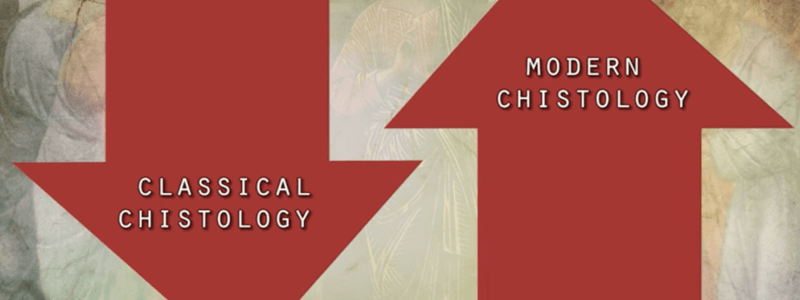Podcast
Questions and Answers
Questions are hidden until you start the quiz
Study Notes
Session 4: Christology Transcript
- Jesus asks his disciples "who do people say I am?"
- Disciples report people consider Jesus a prophet
- Jesus further asks "who do you say I am?"
- Peter declares Jesus as Messiah, Son of the living God
- Two contrasting interpretations of this passage are Classical Christology and Modern Christology
Christology from Above
- From 18th century, Peter's statement interpreted that Jesus is literally God's offspring
- Church proclaimed Jesus as incarnation of the second person of the trinity.
- Commentators argued that if Jesus is Son of God, he must be God
- Christology from above begins with Jesus' divinity and analyses human nature, tracing his path down from heaven
Christology from Below
- In contrast to Christology from above, it emphasizes historical context of the time period.
- Examines Old Testament descriptions of kings as "sons of God".
- Key conclusion: those descriptions are metaphorical, not literal divinity.
- Modern scholarship suggests the synoptic gospels do not depict Jesus as pre-existent.
Two Approaches
- Modern Christology grapples with the contrast between classical high Christology and historical investigation of Jesus' life.
- One approach affirms classical Christology, starting with faith in Jesus Christ.
- Another approach investigates Jesus' claims from a historical perspective.
Pannenberg's Christology from Below
-
Pannenberg's Christology emphasizes the importance of context and prophetic hope.
-
Claims Jesus' ministry aimed at future validation.
-
Argument centers on the resurrection as verification.
-
Pannenberg sees Jesus' divinity revealed through resurrection.
-
Jesus' ministry validated by historical events and actions
-
Resurrection verifies Jesus' claims about the kingdom of God
Where Have We Got To?
- Summary of Pannenberg's view on Jesus' ministry
- Jesus claims end times are beginning with his ministry
- Resurrection validates Jesus' authority and divinity.
Ontology, Epistemology & Adoptionist Christology
- Exploring ways of understanding and knowing Jesus' divinity
- Above (faith) and Below (historical reconstruction)
- Comparing different ontological approaches (divine first, human first).
Docetism & Gnosticism
- Examination of Christological beliefs
- Docetism suggests Jesus only appeared human, not truly human.
- These ideas rejected Jesus' full humanity
Nestorius
- Debate between Alexandrian and Antiochian perspectives about Jesus' nature
- Nestorius challenged the title "Mother of God" for Mary.
- Nestorius believed that Christ had two separate natures.
- The council of Chalcedon provided a unified doctrine of the union of two natures within one person.
Studying That Suits You
Use AI to generate personalized quizzes and flashcards to suit your learning preferences.

